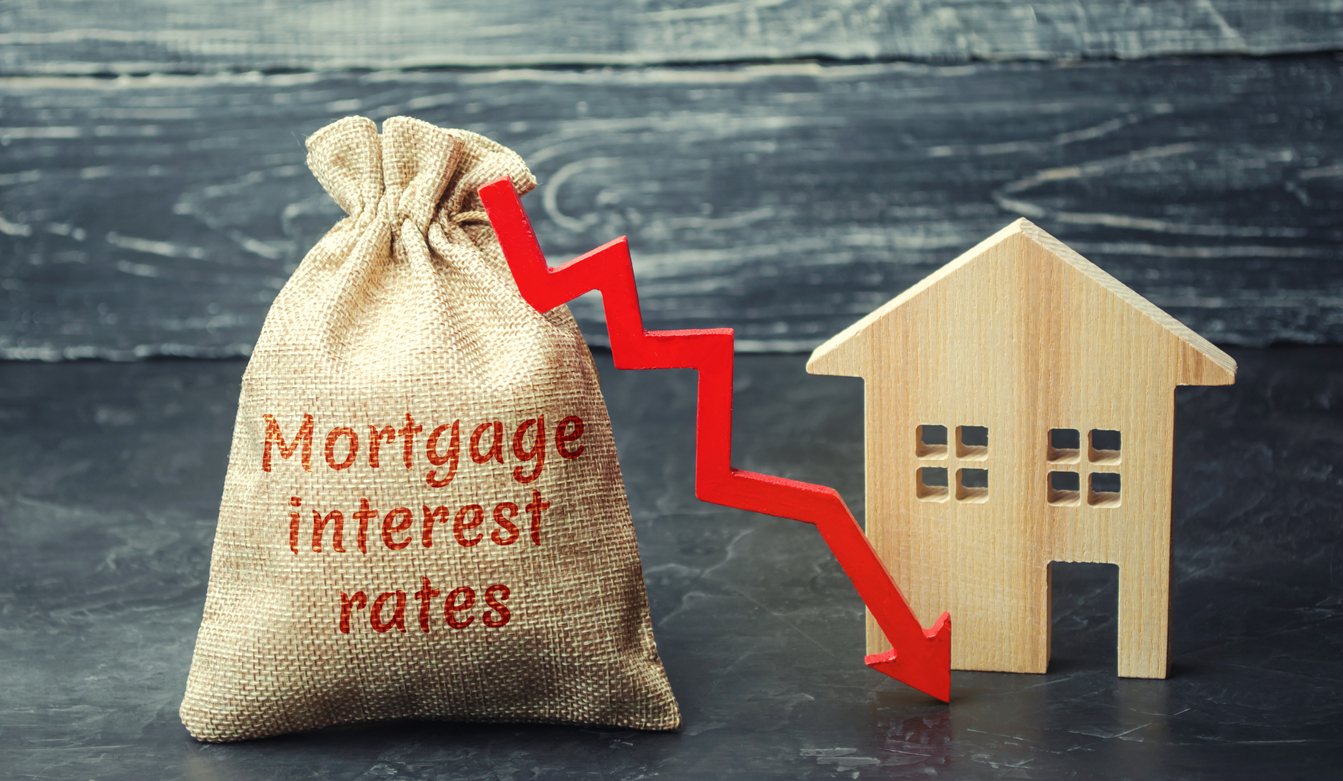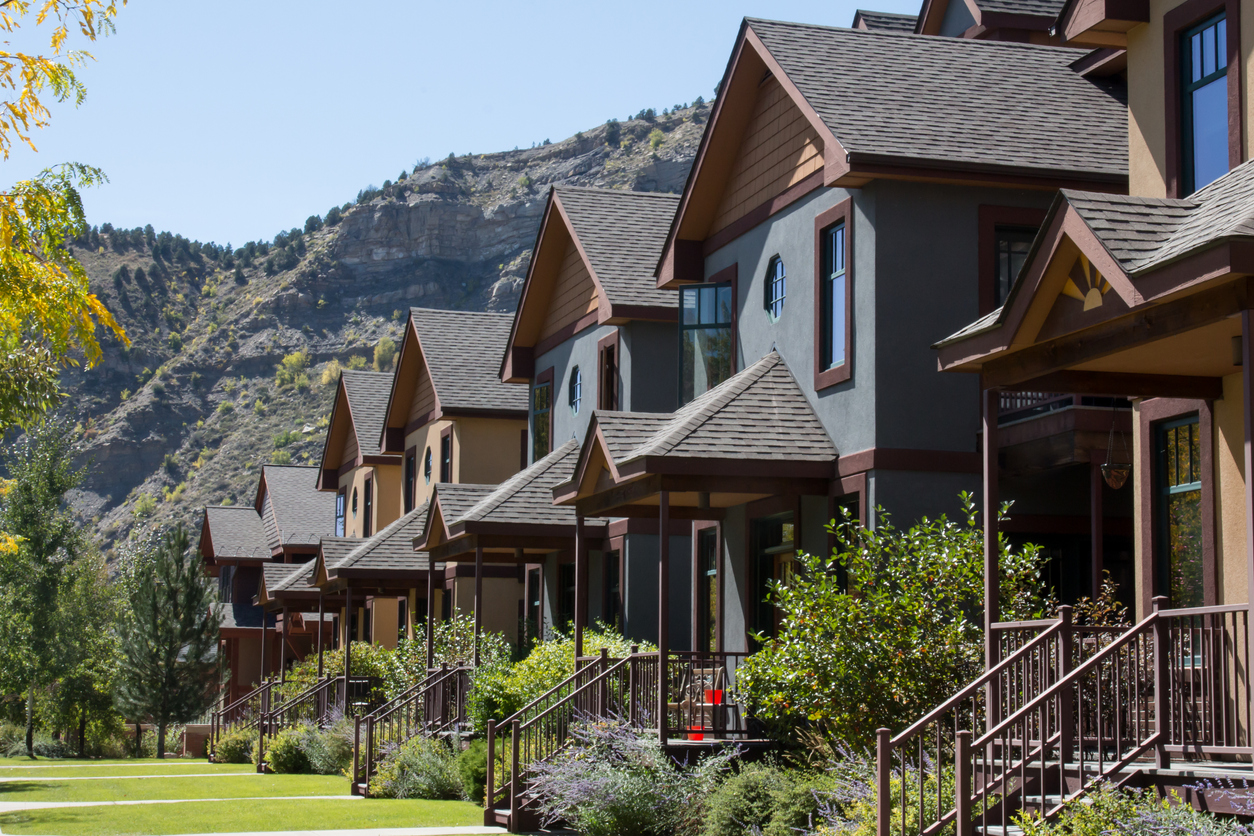What We Notice

Here are some observations we have about the market right now:
- Inventory is up, price reductions are up, the length of time to sell a home is up
- Seller concessions are more prevalent
- Sellers are more willing to accept contingent offers (especially in higher price ranges)
- If a home doesn’t sell within a week, it often becomes stigmatized by the market and potential buyers assume there must be something wrong with it
- Homes that likely would have sold within hours a year ago, are now sitting on the market
- Condition is super-important as buyers become even more picky
- Pricing a property correctly on day one is paramount
- Sellers who over-price their property are finding themselves chasing the market
Sign Surprise

Given how active our market is today and has been over the last few years, many people assume that virtually every home with a “For Sale” sign in the front yard is already under contract.
They are surprised to learn that, in most cases, the “For Sale” sign does indeed represent a home that is actively for sale.
For example, today in Fort Collins there are 655 single-family homes on the market. 290 of these are under contract and will be closing soon. 365 of these are still active. So, 56% of the signs in Fort Collins are in front of homes that are still available.
Here are the specific numbers for each of our Northern Colorado markets:
• Fort Collins = 56%
• Loveland = 57%
• Windsor = 58%
• Greeley = 41%
Where Are The Sales?

A high-level look at the Northern Colorado region shows that the number of residential sales is down 5.4% in Larimer County and up 4.7% in Weld County. This is simply comparing the number of closings from June 2018 to June 2019 versus June 2017 to June 2018.
The high-level look doesn’t tell the whole story. It get’s more interesting when we look at individual Northern Colorado cities and towns:
• Fort Collins = -8.8%
• Loveland = -5.7%
• Greeley = +11.7%
• Windsor = +16%
• Wellington = -16.9%
• Timnath = +44.1%
• Severance = +20.4%
• Johnstown = -18.7%
• Berthoud = +18.1%
• Evans = -14.7%
So, what can we learn from this? The areas with increased sales are where there is an abundance of new construction (Timnath and Severance for example).
The areas with decreased sales don’t have an abundance of new construction (Fort Collins for example).
The exceptions to this would be Wellington and Johnstown. It appears that there is price sensitivity to the new construction product now being built in these areas. Given rising costs, builders are challenged to deliver a product under $350,000 in these places.
For instance, in Wellington, between June 2017 and June 2018 there were 137 sales of new homes priced under $350,000. Today there are only 6 new homes on the market at that price point.
Down Again

Mortgage rates dropped again for the fourth week in a row.
The average 30-year rate is now 4.06% which is the lowest it has been all year.
Rates today are actually the lowest they have been since early 2018.
The main factor driving rates down is the trade war with China.
Investors are shifting money from stocks into bonds which causes the yield on the 10-year Treasury to drop.
Mortgage rates are closely aligned with the 10-year Treasury.
At the beginning of the year, most experts believed that 2019 would have a trend of increasing mortgage rates eventually reaching 5.5%.
Instead, the opposite has happened which is good news for real estate.

Chugging Along

The real estate market keeps chugging along.
Here’s news from the Mortgage Banker’s Association…
Last week, applications to purchase a home hit their highest level since April 2010. This is clearly a sign that the spring selling season is starting off in full swing.
You may remember that the reason why April 2010 was so active is because of the Home Buyer Tax Credit that was in effect. In order to get a special income tax incentive, buyers had to go under contract in April 2010 and close by June 30, 2010.
Today, purchase applications are at their highest level in 9 years and are up 14% over last year. Interest rates are roughly 0.5% lower than 6 months ago and roughly 3.0% below their long-term average.
Let the Spring Selling Season begin!
Which Market?

So, which is it? A buyer’s market or a seller’s market?
Well, it depends!
First, let’s define each market. According to research, a buyer’s market exists when there is more than 4-6 months of inventory on the market.
If it would take longer than 4-6 months to sell out all of the inventory currently for sale, then it is a buyer’s market.
This calculation is obviously a function of the amount of inventory on the market and the current pace of sales.
A seller’s market exists if it would take shorter than 4-6 months.
So, which is it?
It depends very much on the price range.
Here are the numbers for Northern Colorado:
• $300,000 to $400,000 = 0.9 months
• $400,000 to $500,000 = 1.9 months
• $500,000 to $750,000 = 2.3 months
• $750,000 and over = 5.8 months
So, most price ranges are a clear seller’s market. It’s not until $750,000 and over that the market starts to approach a more balanced state.
Here’s one more thing that might help you…
You probably don’t need a reminder that this is tax season.
Not only because tax returns are due in two weeks but also because you will soon receive your property tax notification in the mail.
Every two years your County re-assesses the value of your property and then sends that new value to you.
When this happens, many of our clients:
- Don’t agree with the new assessed value
- Aren’t sure what to do
- Are confused by the process
- Want to save money on property taxes
Good news! We have a webinar that will help you. On the webinar we will show you:
- How to read the information from the County
- What it means for you
- How to protest the valuation if you want
- How to get an accurate estimate of your property’s value
You can listen to the webinar live or get the recording. In any case, you can sign up at www.WindermereWorkshop.com
The webinar is April 17th at 10:00. If you can’t join live, go ahead and register so you can automatically receive the recording.
This is a complimentary online workshop for all of our clients. We hope you can join!
Condo Cyclone

While the “Bomb Cyclone” closed roads and schools over the last two days, the “Condo Cyclone” is opening new opportunities for first-time buyers.
What’s the “Condo Cyclone” you ask. It’s the proliferation of multi-family inventory that has come on the market up and down the Front Range.
Compared to last year, multi-family inventory which includes town-homes and condominiums, has increased…
• 79% in Metro Denver
• 34% in Larimer County
• 45% in Weld County
This is terrific news for the market overall, as inventory has been unusually low for several months. It’s especially terrific news for first-time buyers who need this type of product as a stepping stone to home ownership.
What we notice is a $170,000 to $130,000 difference in average price between a single-family home and a multi-family home in Front Range markets.
Specifically, here’s the spread between multi-family and single-family average price:
• $349,801 vs. $512,312 in Metro Denver
• $312,493 vs. $469,294 in Larimer County
• $237,645 vs. $370,027 in Weld County
So as we dig out from the “Bomb Cyclone” we can be happy for the “Condo Cyclone” which brings more affordability and opportunity to our markets!
______________________________________________________________________
Just Released (a new resource site just for you…)
• Want to see the latest market trends?
• Curious to see the process of buying or selling a home?
• Interested in what it takes to own investment property?
• Be sure to visit www.ColoradoLivingBlog.com
Vegas Baby!

The results are in from FHFA.gov’s latest ranking of the top performing markets in the U.S.
Each quarter they track 245 cities across the country and rank their real estate markets by home price appreciation.
What’s the highest performing city the the U.S.
Vegas! Their prices have gone up 17.63% in the last year.
How about the worst?
Bloomington, Illinois sits in dead last where prices went down 3.58%
Here’s how Colorado cities are ranked:
• #10 Colo. Springs = 11.41%
• #16 Greeley = 10.68%
• #59 Fort Collins = 8.29%
• #64 Denver = 8.15%
• #97 Boulder = 6.85%
 Facebook
Facebook
 X
X
 Pinterest
Pinterest
 Copy Link
Copy Link








